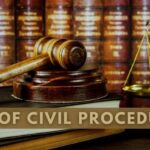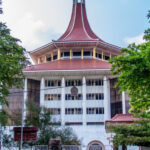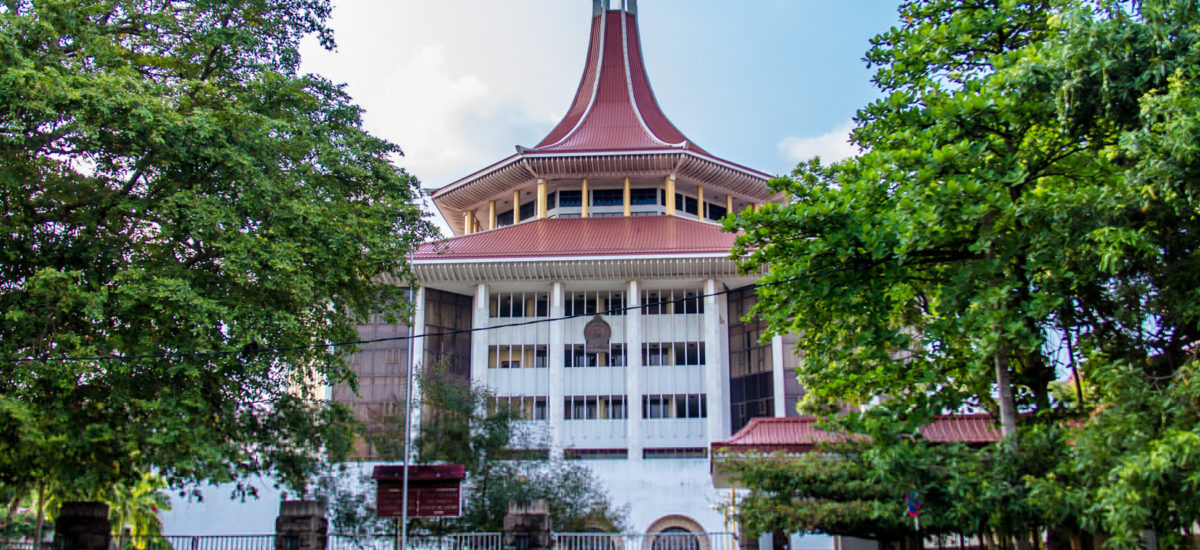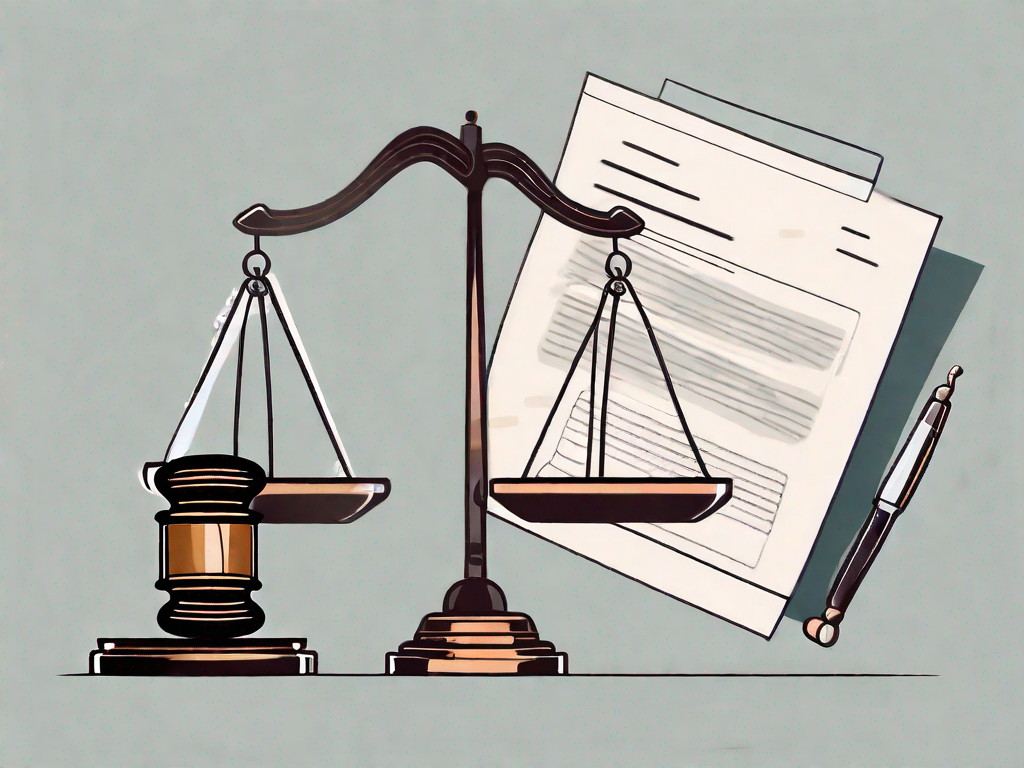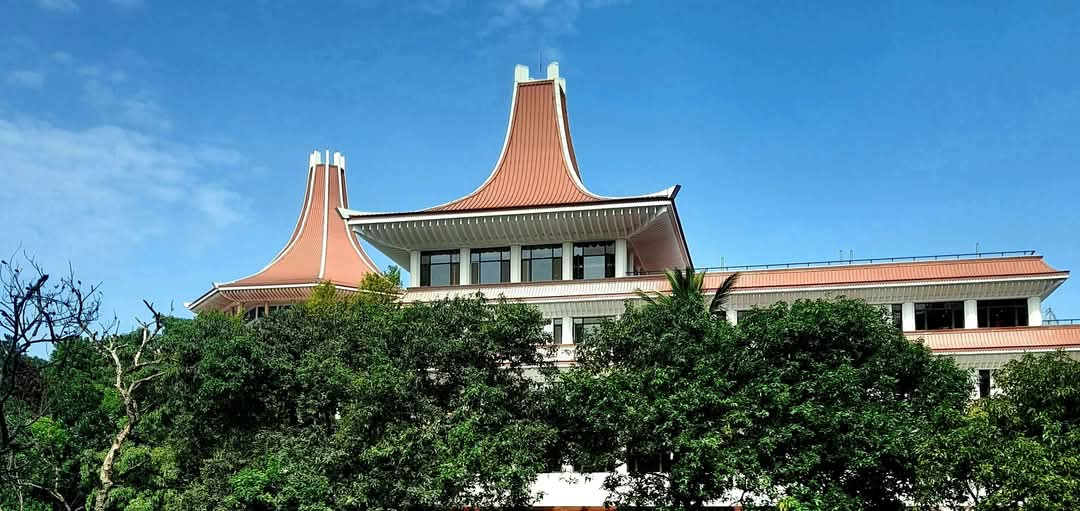The Supreme Court has recently clarified that the International Covenant on Civil and Political Rights (ICCPR) does not prevent the re-indictment of individuals who have been discharged from prosecution.
ICCPR Does Not Protect ‘Discharged Accused’ from Re-Indictment- SC
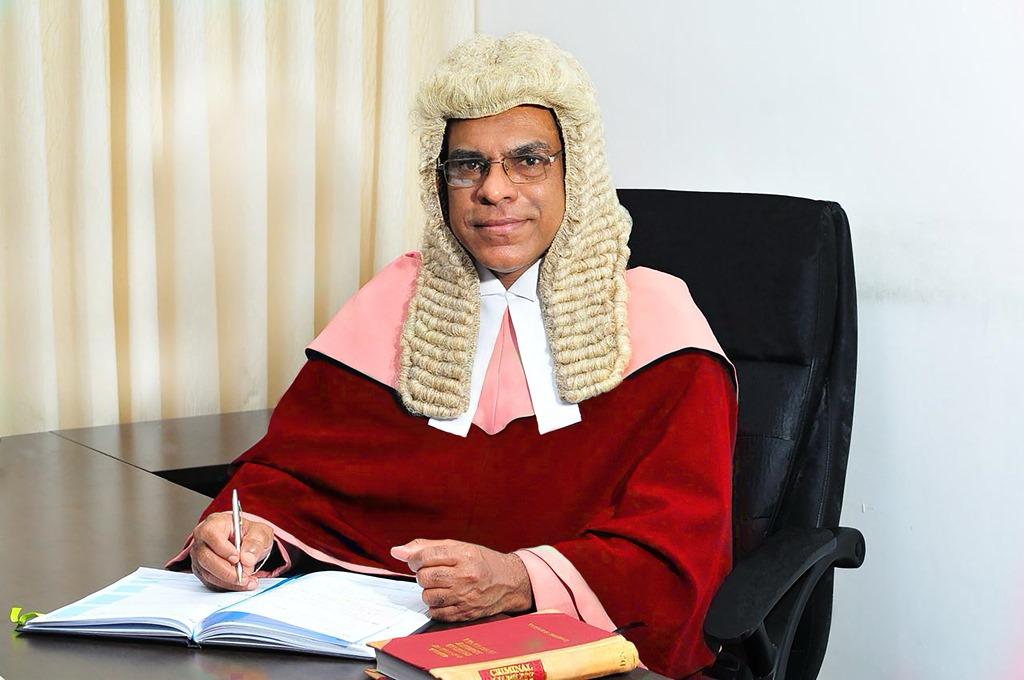
The Supreme Court has recently clarified that the International Covenant on Civil and Political Rights (ICCPR) does not prevent the re-indictment of individuals who have been discharged from prosecution. The Court emphasized that the ICCPR only safeguards against re-prosecution for those who have been either acquitted or convicted of an offense.
The case centered around an appellant initially charged by the Commission to Investigate Allegations of Bribery or Corruption (CIABOC) in 2015. Midway through trial in 2021, the prosecution withdrew, leading the High Court to discharge the appellant. When CIABOC later refiled charges, the appellant sought to prevent his retrial, arguing that Section 4(3) of the ICCPR Act prohibited further prosecution on the same offense.
The appellant’s argument hinged on the wording of the ICCPR Act’s Sinhala text, which uses “discharged” (“නිදහස් කරනු ලැබ”) instead of “acquitted.”
In examining the issue, the Supreme Court considered the intent behind the ICCPR Act, enacted in 2007 to fulfill Sri Lanka’s obligations to the International Covenant on Civil and Political Rights. The court noted that the Act’s preamble underscores Parliament’s objective to align with international standards, specifically protecting against retrials only following a final conviction or acquittal, not a mere discharge.
The Court also analyzed Section 194 of the Code of Criminal Procedure (CPC), which allows a discharge when the Attorney General withdraws an indictment. Under Section 314, protections against retrial apply only after a conviction or acquittal, not discharge. The Court found this consistent with ICCPR Article 14(7), which also limits retrial protections to cases of final conviction or acquittal.
“….Let us now examine the nature of the corresponding right which the International Covenant on Civil and Political Rights had recognized. The said corresponding provision is Article 14(7) of ICCPR which is as follows: “No one shall be liable to be tried or punished again for an offence for which he has already been finally convicted or acquitted in accordance with the law and penal procedure of each country”. Therefore, the corresponding Civil and Political Right which the Government of Sri Lanka is obliged to recognize by enacting an appropriate legislation to that effect, is the right of protecting the person from being tried or punished again for an offence for which he has already been finally convicted or acquitted. This becomes clear when one juxtaposes Section 4(3) of the ICCPR Act with its corresponding provision in the International Covenant on Civil and Political Rights. Thus, the Civil and Political right which the International Covenant on Civil and Political Rights had sought to protect under its Article 14(7) is the protection against being tried or punished again for an offence for which the Appellant has already been finally convicted or acquitted. We find no provision in the International Covenant on Civil and Political Rights which had sought to protect the Appellant being tried or punished for an offence from which he has been discharged.….”
– Justice P. Padman Surasena
Although Article 23(1) of the Constitution prioritizes the Sinhala text in cases of inconsistency, the Court noted that enforcing the appellant’s interpretation would produce an unintended result. A strict reading of “discharged” in the Sinhala ICCPR Act would mean individuals discharged would be protected from retrial while those acquitted would not, contradicting the intent of both the ICCPR and Sri Lankan law.
Sinhala text must prevail over English translation- SC
In this case the Supreme Court also affirmed, considering the Article 23(1) of the Constitution, that the Sinhala texts holds authority over English translations when inconsistencies arise.
“…..Thus, when there is a disparity between the Sinhala text and English Text, the Sinhala text must prevail. This is because as per Article 23(1) of the Constitution, all laws are enacted in Sinhala and Tamil and not in English. Furthermore, we have to be mindful that the English version of any law is only a translation of the law which may necessarily have been enacted in Sinhala and Tamil. Section 11 of the ICCPR Act only states that in the event of any inconsistency between the Sinhala and Tamil texts of the Act, the Sinhala text shall prevail. Thus, we observe that it is the Sinhala version which must prevail in case of a discrepancy between the different languages…..”
CASE NO: SC Appeal NO 10/2024 [Decided on 03-05-2024]
BEFORE : P. PADMAN SURASENA, J, YASANTHA KODAGODA, PC, J, ACHALA WENGAPPULI, J,

